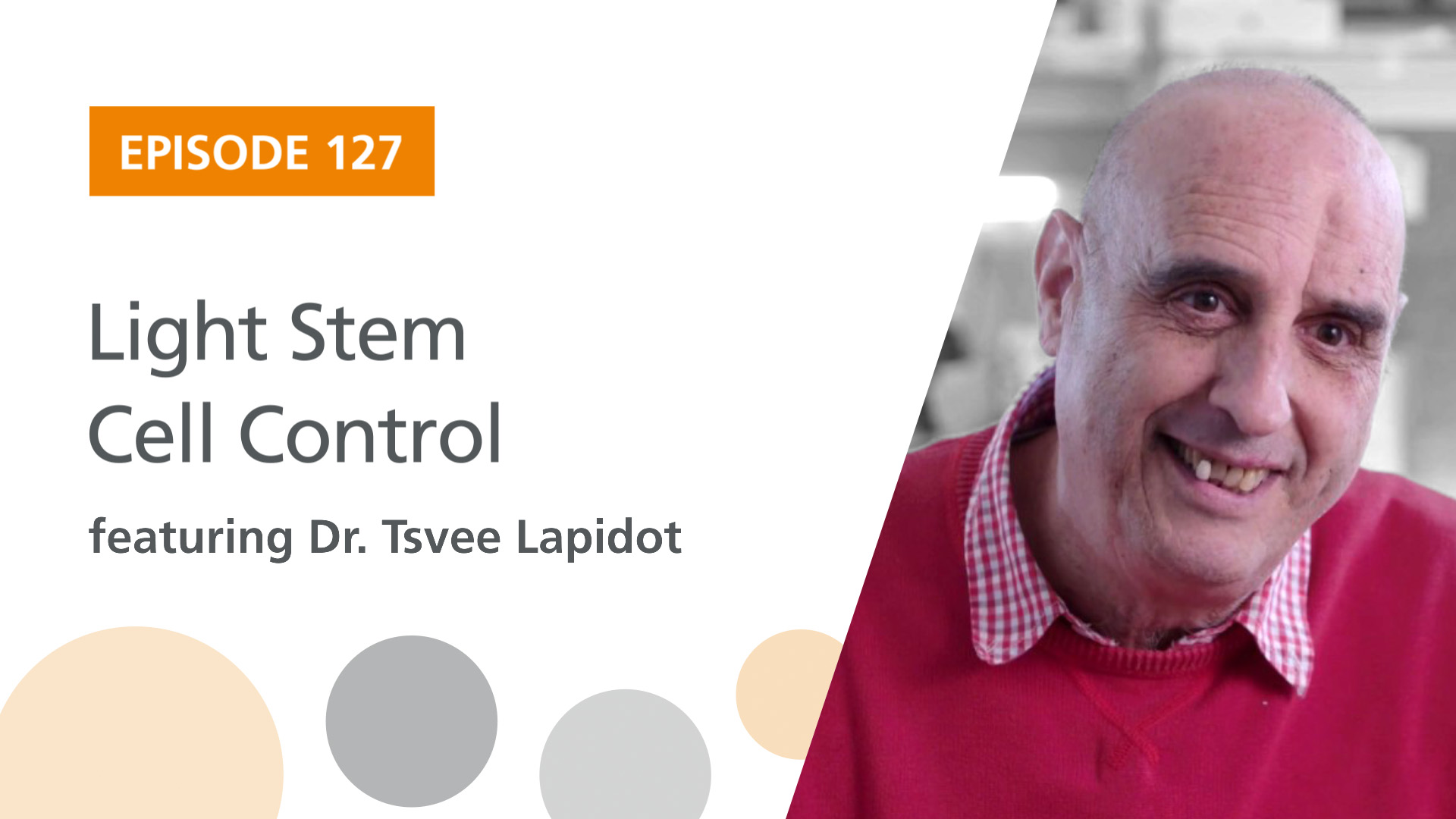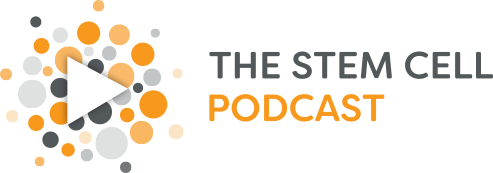
Podcast: Play in new window
Guest:
Dr. Tsvee Lapidot is a Professor at the Weizmann Institute of Science. His research investigates the regulation of normal and leukemic hematopoietic stem cells by the brain-bone-blood triad in transplanted mice. In this episode we talk to him about his research and his latest study in Cell Stem Cell looking at the influence of circadian rhythms on regulation of blood stem cells.
Resources and Links
Nobel Congratulations – This year’s Nobel laureates discovered brakes that keep immune cells called T cells from attacking cancer. The laureates’ innovations remove those brakes, allowing the immune system to fight tumors.
Deadly Strain of Bird Flu Can Easily Infect Ducks – Some ducks in China’s Fujian province carry highly pathogenic strains of the H7N9 avian influenza virus.
Placing CRISPR Gene Editor into Bacteria Can Kill the Pathogen – A new approach to fighting antibiotic-resistance Staphylococcus aureus bacteria co-opts genes that normally make the bacteria more dangerous.
First Lab Test of Gene Drive Wiped Out Mosquito Population – The malaria-carrying mosquito Anopheles gambiae’s days might be numbered. Scientists have devised a gene drive that bottomed out the mosquito’s populations in lab tests.
Novel Method for Detecting Human Embryonic Stem Cells – A new method developed by researchers at Singapore University of Technology and Design can potentially ensure patient safety for future stem cell-based therapies by enhancing native stem cell bioelectric signals.
Erythro-Myeloid Progenitors Contribute Endothelial Cells to Blood Vessels – This new report shows that a complementary source of endothelial cells is recruited into pre-existing vasculature after differentiation from the earliest precursors of erythrocytes, megakaryocytes and macrophages – the erythro-myeloid progenitors that are born in the yolk sac.
Induction of Resistance to Chimeric Antigen Receptor T Cell Therapy – The progeny of a subclone of the parental leukemia generated during the cell manufacturing process can lead to a late relapse of leukemia.
Urine Derived Cells Provide Cell Type for Reprogramming – Authors report the reprogramming of multiple patient urine-derived cell lines with mRNA reprogramming, which, to date, is one of the fastest and most faithful reprogramming methods.
Photo Reference: Courtesy of Dr. Tsvee Lapidot

